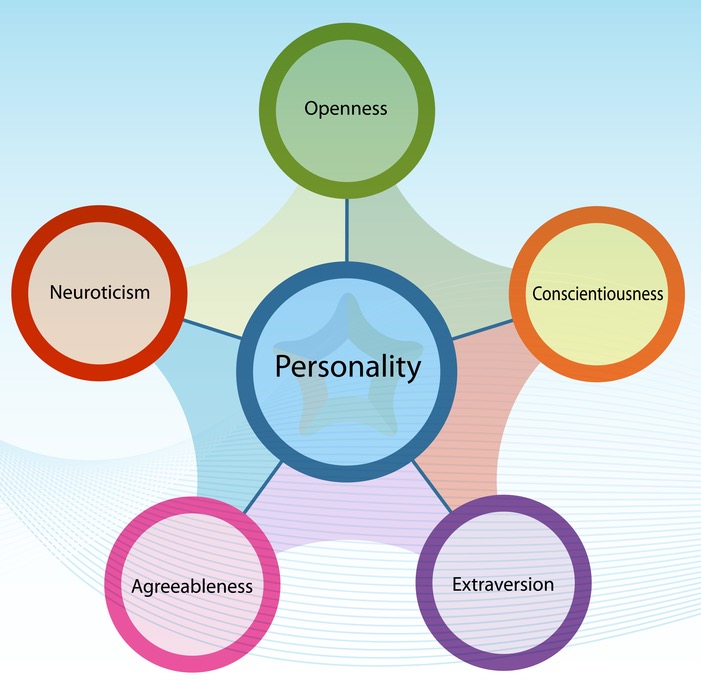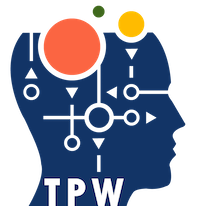
BIG FIVE+ is a personality assessment tool based on Big Five model of personality. Big Five is one of the most researched and cross culturally validated model of personality. BigFive plus includes 5 core dimensions as well as 2 supplementary dimensions. It helps you to make better hiring and selection decisions by comparing the candidate`s personality characteristics with the requirements of the job. This test comes in a configurable form and is available in many other languages apart from English.
The empirical evidences suggest that the people agree or disagree to deal with people, change and environment aggressively. When they work, they are either focused or unfocused or somewhere in between. And when they are depressed they either recover fast or take a lot of time to be normal. These five behavioral dimensions are described in the ‘lexical units’ as shown in the adjacent image.
The test is most suitable for entry-level non managerial or blue collar workers in a variety of roles. Most of our clients use this tests to have a quick, precise and reliable assessment of suitability of a candidate`s personality with the job, team and work-environment. Most common job roles this test is used for are:
- Assessment of Nurses, ward boys and nursing staff
- Personality Testing of shop floor workers
- Assessment of call center representatives
- Cashiers at retail stores
This test measures total 7 factors of personality. 5 core factors and 2 supplementary factors. The list of these factors is given below along with a brief description.
Agreeableness or Accommodation (A)
This factor determines one`s way to deal with the people. A higher score in this factor implies that the candidate is agreeable, tolerant and courteous. However, a lower score indicates that the candidate may be disagreeable, aggressive and dominant. Higher levels are termed as adapters and lower as challengers. However, when one scores in between, one is considered a negotiator.
Openness To Change (O)
Does the candidate welcome sudden changes or resist them?
A higher score suggests that the candidate feels easy with suddenly changing situations. High scorers on this factor welcome new ideas. They are original, creative and curious. However, a lower score suggest that they resist changes and favor status quo. They are considered traditional, systematic and static. A moderate score, however, implies that they welcome changes at time and can resist them when changes are not really required.
Extroversion (E)
This factor deals with the way people behave in work-environment. Those who score higher on this factor, are considered extrovert, assertive and talkative. However, a lower score suggests the candidate to be an introvert, down to earth and quiet. And moderate score indicates that the candidate is most likely to be ambivalent.
Conscientiousness (C)
This factor indicates one's style to handle one`s work situations. Candidates maybe considered well focused, organized and reliable to complete their work when they score higher. However, they are considered flexible, disorganized and unreliable in your projects when they score low. A moderate score suggests that they are neither workaholic nor lazy. They are quite balanced finisher of the project.
Neuroticism or Emotionality (N)
This factor highlights one`s approach to handle depression or setbacks at work. A high score suggests that one demonstrates very little stability when faced with negative emotionality or depression. Low scorers usually take more time than others to recover from a depression or setback. They are often nervous, reactive and pessimist.
A lower score suggests that the candidate has strong nerves and take less time to recover from emotionally difficult situations. They are often calm and solid. They think positively and try to find out the best even in the worst situations.
Honesty – Humility (H)
Candidates with very high scores on the Honesty-Humility factor avoid manipulating others for personal gain, feel little temptation to break rules, are not interested in lavish wealth and luxuries, and feel no special entitlement to elevated social status. On the other hand, persons with very low scores on this scale will flatter others to get what they want, are inclined to break rules for personal profit, are motivated by material gain, and feel a strong sense of self-importance.
